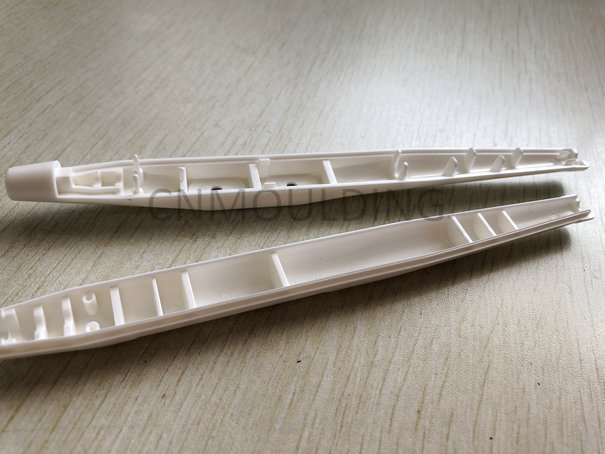ISO 13485: What You Need to Know (Health & Beauty - Health Insurance)

USAOnlineClassifieds > Health & Beauty > Health Insurance
Item ID 2547083 in Category: Health & Beauty - Health Insurance
ISO 13485: What You Need to Know | |
ISO 13485: What You Need to Know The ISO 13485 is an international standard that specifies requirements for a quality management system specifically tailored for the medical device industry. It is designed to ensure that medical devices are consistently produced and controlled to meet regulatory requirements and customer expectations. The standard is based on the ISO 9001 quality management system, but it includes additional requirements specific to the medical device industry. ISO 13485 is recognized globally and is often a prerequisite for regulatory compliance in many countries. Key Requirements of ISO 13485: Management Responsibility: The standard requires top management to demonstrate leadership and commitment to the quality management system. This includes establishing a quality policy, defining roles and responsibilities, and ensuring the availability of necessary resources. Risk Management: ISO 13485 emphasizes the importance of risk management throughout the product lifecycle. This includes identifying and assessing risks associated with the development, production, and use of medical devices. Design and Development: The standard includes specific requirements for the design and development of medical devices, including design inputs, verification, validation, and design changes. Process Control: ISO 13485 requires organizations to establish and maintain documented procedures for controlling processes that are critical to the quality of the medical devices. Supplier Management: The standard emphasizes the need to evaluate and select suppliers based on their ability to provide products and services that meet the organization’s requirements. Benefits of ISO 13485 Certification: Enhanced Credibility: ISO 13485 certification demonstrates a commitment to quality and regulatory compliance, which can enhance the organization’s credibility with customers, regulators, and other stakeholders. Access to Global Markets: Many countries require ISO 13485 certification as a prerequisite for market access. Certification can facilitate entry into international markets and streamline regulatory approvals. Improved Efficiency: Implementing ISO 13485 can lead to improved operational efficiency, reduced waste, and better control over processes, ultimately leading to cost savings. Regulatory Compliance: ISO 13485 is aligned with regulatory requirements in many countries, making it easier for organizations to demonstrate compliance with applicable laws and regulations. In conclusion, ISO 13485 is a critical standard for organizations involved in the design, development, production, and distribution of medical devices. Certification to this standard can provide numerous benefits, including enhanced credibility, access to global markets, improved efficiency, and regulatory compliance. Organizations that prioritize quality and safety in the medical device industry should consider pursuing ISO 13485 certification as a strategic business decision.  | |
| Related Link: Click here to visit item owner's website (2 hits) | |
| Target State: All States Target City : shanghai Last Update : Feb 23, 2024 1:54 AM Number of Views: 98 | Item Owner : chinamoldmaker Contact Email: Contact Phone: 021-52913487 |
| Friendly reminder: Click here to read some tips. | |
USAOnlineClassifieds > Health & Beauty > Health Insurance
© 2025 USAOnlineClassifieds.com
USNetAds.com | GetJob.us | CANetAds.com | UKAdsList.com | AUNetAds.com | INNetAds.com | CNNetAds.com | Hot-Web-Ads.com
2025-02-05 (0.387 sec)